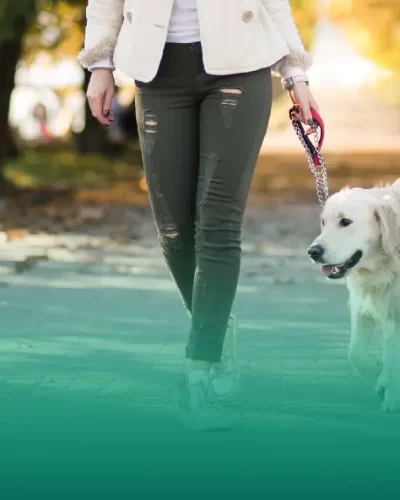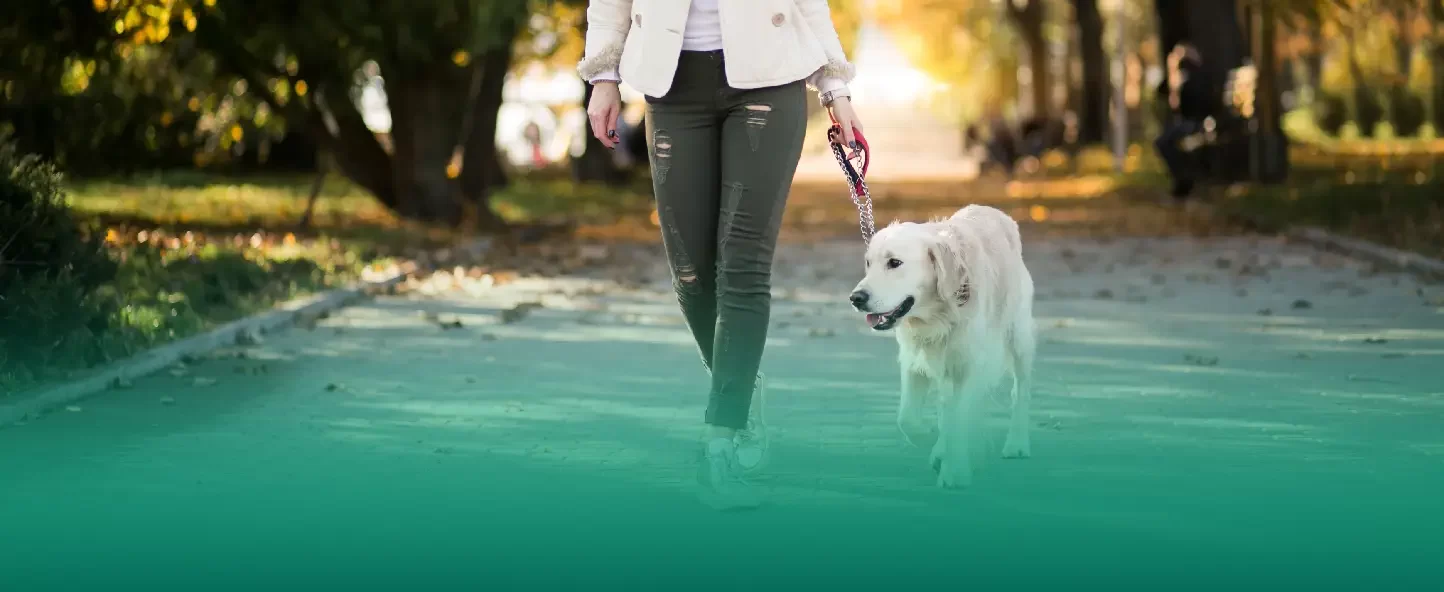What does dog saliva consist of?
Dog saliva is a complex and multifunctional biological fluid that performs a number of important functions in the animal’s body. It not only helps maintain oral hygiene by cleaning the mucous membrane and teeth from food debris, but also has protective properties, preventing the development of caries. It contains various components that provide antimicrobial and anti-inflammatory effects:
Immunoglobulins are special protein molecules that play a key role in the functioning of the immune system. They act as antibodies, binding to viruses and bacteria, and help the body fight infections.
Lysozyme is an enzyme with a powerful antibacterial effect. It destroys the cell walls of bacteria, leading to their death, and also has anti-inflammatory properties, promoting rapid healing of damaged tissues.
Lactoperoxidase is another enzyme that activates oxidative processes in saliva, which leads to a decrease in the number of pathogenic microorganisms. This enzyme creates unfavorable conditions for the reproduction of bacteria and thereby reduces the risk of infection.
Mucins are glycoproteins that play an important role in the formation of mucus. Mucus, in turn, helps to glue bacteria together and remove them from the oral cavity, which prevents them from penetrating the body and developing infections.
Despite the presence of antiseptic properties, dog saliva is not a sterile liquid. It is indeed able to suppress the growth and activity of some types of bacteria, such as streptococci and E. coli. However, other microorganisms, such as staphylococci, Pseudomonas aeruginosa and capnocytophages, are resistant to enzymes in dog saliva and can successfully reproduce in the animal’s oral cavity. These bacteria can be dangerous for both humans and other animals. Although they often do not cause visible symptoms in dogs themselves, their presence in saliva can pose a serious threat when in contact with damaged tissue.
The diversity of microbes living in dog saliva is explained by a number of factors. An important role is played by the habit of animals to frequently lick their fur and skin, which leads to the transfer of various microorganisms from the environment into the oral cavity. In addition, the lack of regular and thorough oral hygiene contributes to the accumulation of bacteria, which creates favorable conditions for their reproduction. This explains why dogs quite often have problems with teeth and gums, such as caries and inflammatory processes.
Why should you not let your dog lick wounds?
There are several reasons why it is not recommended to let your dog lick wounds:
- Risk of infection with dangerous bacteria. Any wound is a violation of the integrity of the skin or mucous membrane, which makes it vulnerable to the penetration of pathogenic microorganisms. Even through small damage to the skin, bacteria can enter the body and spread quickly, causing infectious diseases. When a dog licks a wound, dangerous microbes that live in its oral cavity can get there along with the antibacterial components of its saliva. These microbes can include bacteria, viruses, fungi, and even multicellular parasites that can cause serious diseases.
- Transfer of microbes from the oral cavity. Dog saliva contains a large number of different microorganisms. Some of them may be safe for the animal itself, but pose a threat to humans if they get into the wound. For example, staphylococcus, which is usually present in the dog’s oral cavity, when it gets into the wound, can begin to actively multiply and cause suppuration, which is life-threatening. This is especially true for people with weakened immunity, for whom any infection can lead to serious consequences.
- Slowing down the healing process. Dogs have a rough tongue, which can further injure the tissues at the wound site, delaying their recovery. Repeated mechanical damage caused by frequent licking can lead to chronic inflammation and slow healing. That is why after surgeries or serious injuries, veterinarians recommend using special protective collars that prevent the dog from accessing the inflamed areas.
- Ineffectiveness of saliva in treating serious injuries. In some cases, microbes can penetrate deep into the tissue and begin to spread beyond the original wound. In such situations, local treatment, including exposure to saliva, is insufficient to prevent the development of infection. In these cases, more serious measures are required, such as the use of antiseptics and antibiotics, to prevent complications.
Dog owners can always disinfect the wound in a safer way. One of the most effective methods is rinsing the wound with clean water or an antiseptic solution, which helps remove dirt and microbes from its surface. After this, the wound can be covered with a bandage or a sterile dressing to prevent further contamination. However, if the wound is severe or does not heal well, it is recommended to contact a veterinarian for professional help.
Dangers of Dog Saliva for Humans
Although dog saliva may not pose a serious threat to human health under certain conditions, there are still risks. If there are no breaks in the skin and you wash your hands and face thoroughly after contact with the animal, the risk of infection is minimal. However, even with proper hygiene, the risk of infection remains, especially if saliva comes into contact with mucous membranes of the face, such as the eyes, nose, or mouth.
When a dog licks the area of the eyes, nose, or mouth, there is a risk of transmitting serious diseases such as rabies. Rabies is a viral disease that is transmitted through the saliva of an infected animal and is almost always fatal after the first symptoms appear. Even if a dog looks healthy but has not been vaccinated against rabies, it may be a carrier of the virus. Therefore, it is extremely important to avoid close contact with unfamiliar and stray animals, especially if they try to lick your face or hands.
Dog saliva can be especially dangerous if there are any injuries to the human skin, even minor ones. Dangerous microbes can get into such wounds, which is especially dangerous for people with weakened or undeveloped immunity, such as small children, the elderly, and people with immunodeficiencies. Even if the dog is domestic and vaccinated, its saliva may contain bacteria that are dangerous to humans, such as pasteurella, capnocytophaga, bordetella, and other microorganisms that can cause serious diseases.
In nature, saliva is the only available means for animals to clean open skin lesions. However, despite this, saliva may not only not help, but also aggravate the situation, slowing down the healing process and increasing the risk of infection. Therefore, if a dog is injured, a more reliable method would be to wash the wound with clean water, treat it with an antiseptic, and apply a sterile bandage. These measures will provide better protection against infection than using saliva.
Even if there are no visible wounds on the body, contact with dog saliva is not completely safe. Germs from the animal’s mouth can get onto the mucous membrane or into microscopic damage to human skin, which can lead to the development of an infection.
To minimize the risks, you should adhere to the following rules:
- Do not allow unfamiliar and street dogs to lick you, especially on the street. Protect your face and damaged areas of the skin from contact with the dog’s tongue.
- Regularly monitor the health of your pet – get vaccinations on time, do not miss scheduled visits to the veterinarian, and also pay attention to the dog’s oral hygiene, regularly brushing its teeth.
These measures will help reduce the risk of infection and maintain the health of both the person and his pet.






